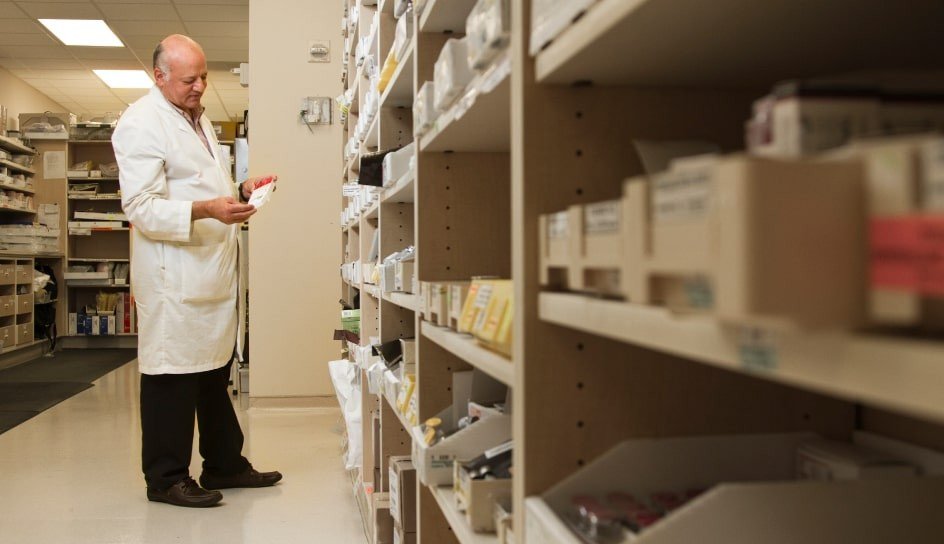Expanded & Early Access Programs | Global Patient Insights

Early Access Programs (EAPs) enable patients and physicians to use investigational drugs outside the constraints of clinical trials. These programs are also known as Expanded Access Programs (EAPs), Named Patient Programs (NPPs), Compassionate Use Programs (CUPs), or Managed Access Programs (MAPs). They serve as vital treatment options for patients with rare diseases or cancers. Regulatory bodies globally support these programs when the potential benefits to patients surpass the potential risks involved.
For patients contemplating the use of Early Access Programs to obtain investigational products, there are several crucial factors to consider.
- Early Access Programs (EAPs) are designed for patients suffering from serious or life-threatening diseases who have no other viable treatment options available. This means that patients must have already tried all approved medications in their country and are unable to enroll in any active clinical trials. EAPs are not a substitute for clinical trials; rather, they serve as a last resort for patients who cannot participate in a study. Patients eligible for an active clinical trial will not be approved for early access and will be encouraged to enroll in the trial to access the investigational treatment. Clinical trials remain the safest option for patients using experimental drugs, as they provide treatment within a highly regulated and controlled environment.
- Early Access Programs (EAPs) are typically offered for drugs in the advanced stages of clinical development, specifically during phase 2 or 3 clinical trials. This ensures that pharmaceutical companies have a comprehensive understanding of the drug's safety profile before making it available to patients outside the trial setting. Additionally, pharmaceutical companies can initiate an Early Access Program after clinical trials have concluded. This approach allows patients continued access to the treatment until the drug receives market approval and becomes commercially available. Once the drug is available on the market, the Early Access Program (EAP) is discontinued, and patients are transitioned to the commercial supply.
- An individual patient cannot independently apply for an Early Access Program. To enroll, a patient must have a licensed physician who will act on their behalf. This treating physician's responsibilities include:
- Submit the application for the program.
- Notifying the local institutional or ethics review board.
- Educating the patient about the potential risks associated with using an investigational drug.
- Administering the treatment to the patient.
- Reporting any serious adverse effects that occur during the treatment.
- The physician's involvement ensures that the patient is properly informed and that all regulatory and safety protocols are followed.
- Companies are not obligated to offer Early Access Programs (EAPs) for their investigational drugs. Although regulatory bodies such as the US Food and Drug Administration (FDA), European Medicines Agency (EMA), and Australian Therapeutic Goods Administration (TGA) support these programs, there is no legislation mandating companies to provide them. Additionally, even when companies establish an EAP, they are not required to grant access to all patients. Similar to clinical trials, EAPs have specific enrollment criteria that must be met for a patient to be eligible. If a patient does not meet these criteria, the company has the right to deny access to the investigational drug.
For more than ten years, Ikris Pharma Network (IPN) has partnered with pharmaceutical companies worldwide to offer Early Access Programs (EAPs). These programs aim to provide patients with early access to medications that are still undergoing approval but show promise in treating rare diseases and cancers.
Through our extensive portfolio of EAPs, we currently support patients across a wide range of countries, including France, Germany, Bulgaria, and India. These programs are crucial for patients who have exhausted standard treatment options and urgently need innovative therapies.
To learn more about how our Early Access Programs in Germany, Bulgaria, France, and India can help patients, please call/WhatsApp: +91 9310090915 / +91 8130290915 or dial TOLL-FREE: 1800-889-1064. At IPN, we are committed to ensuring that eligible patients receive timely access to potentially life-saving treatments under strict regulatory guidelines.



